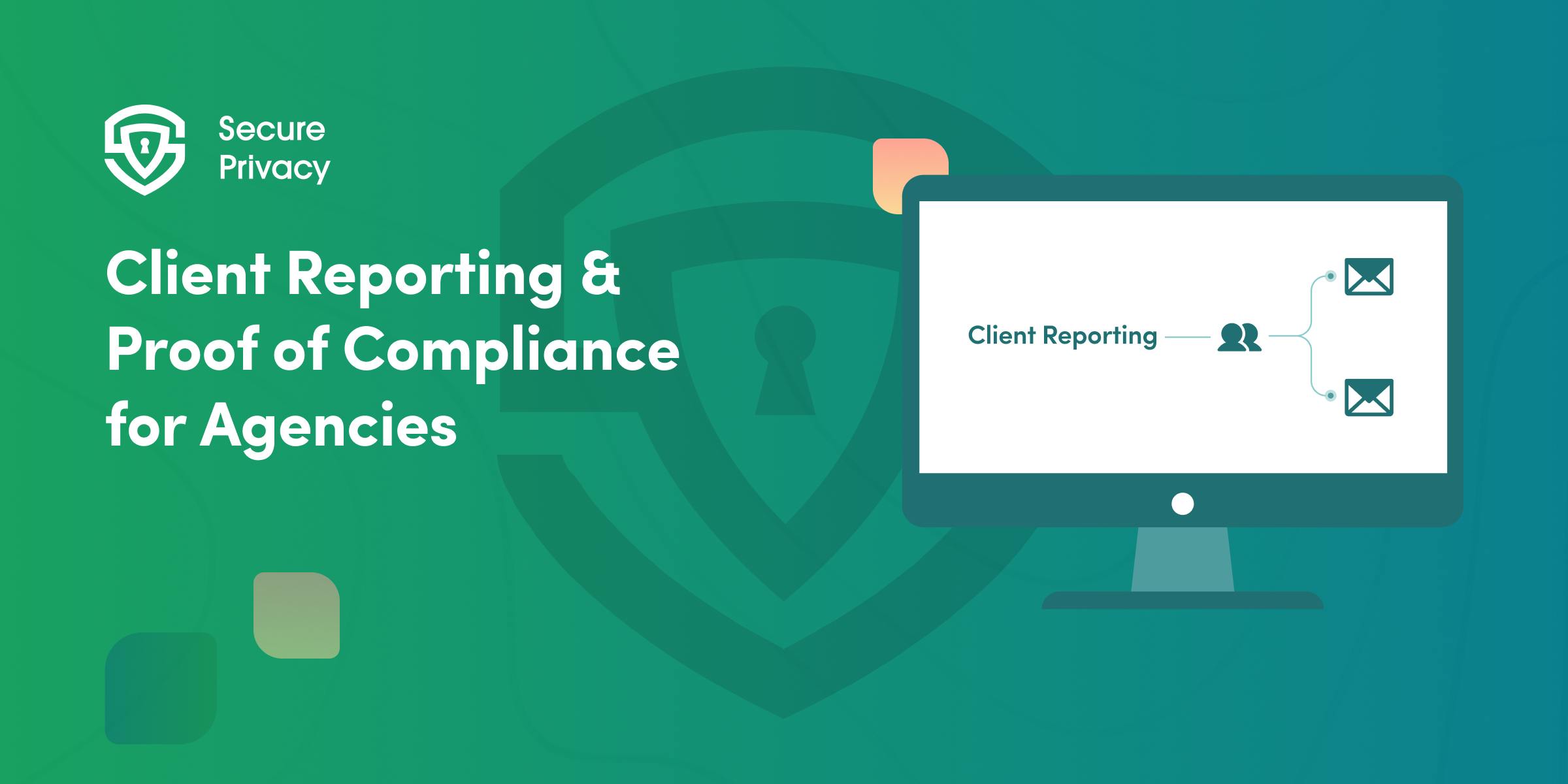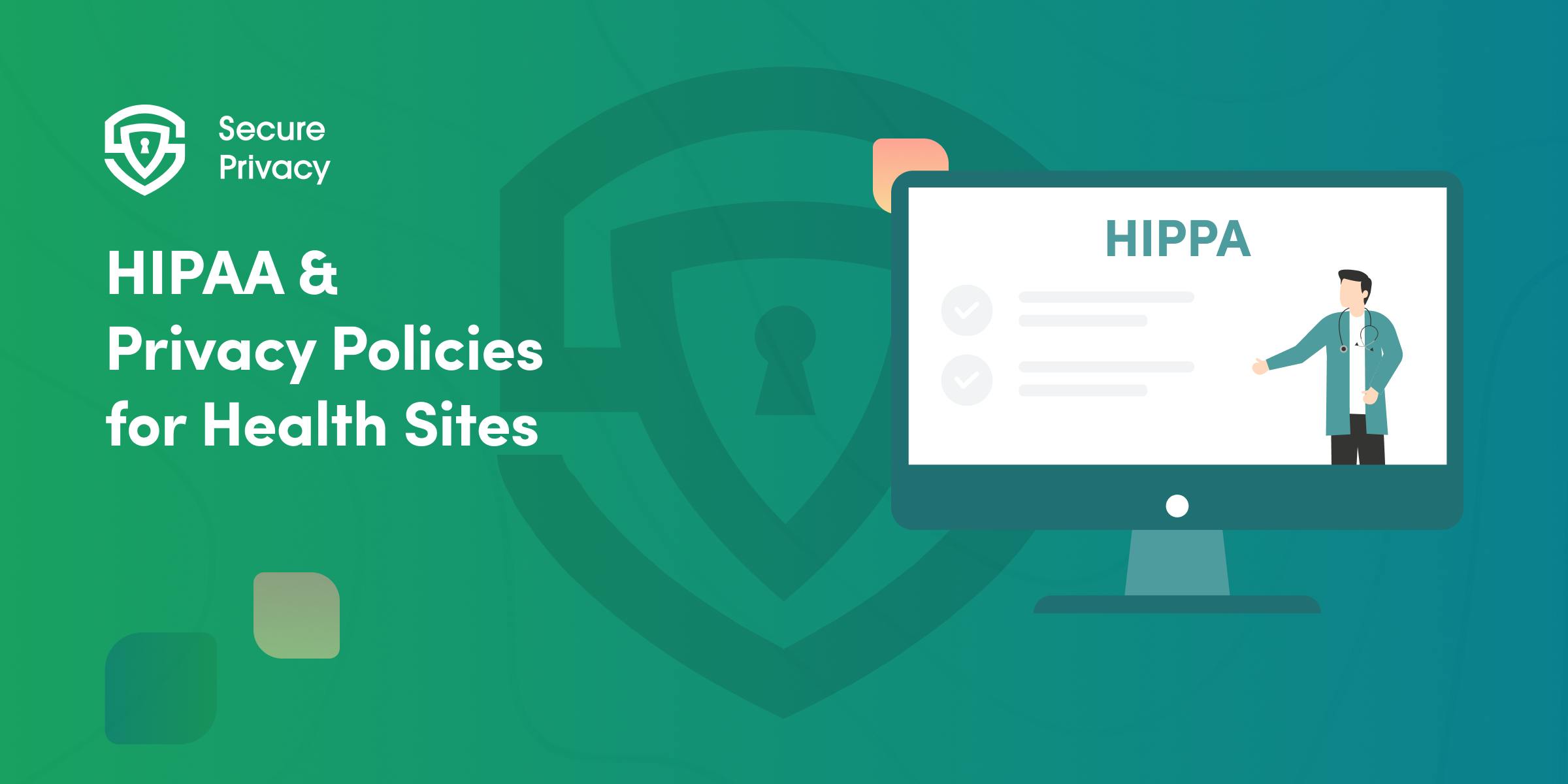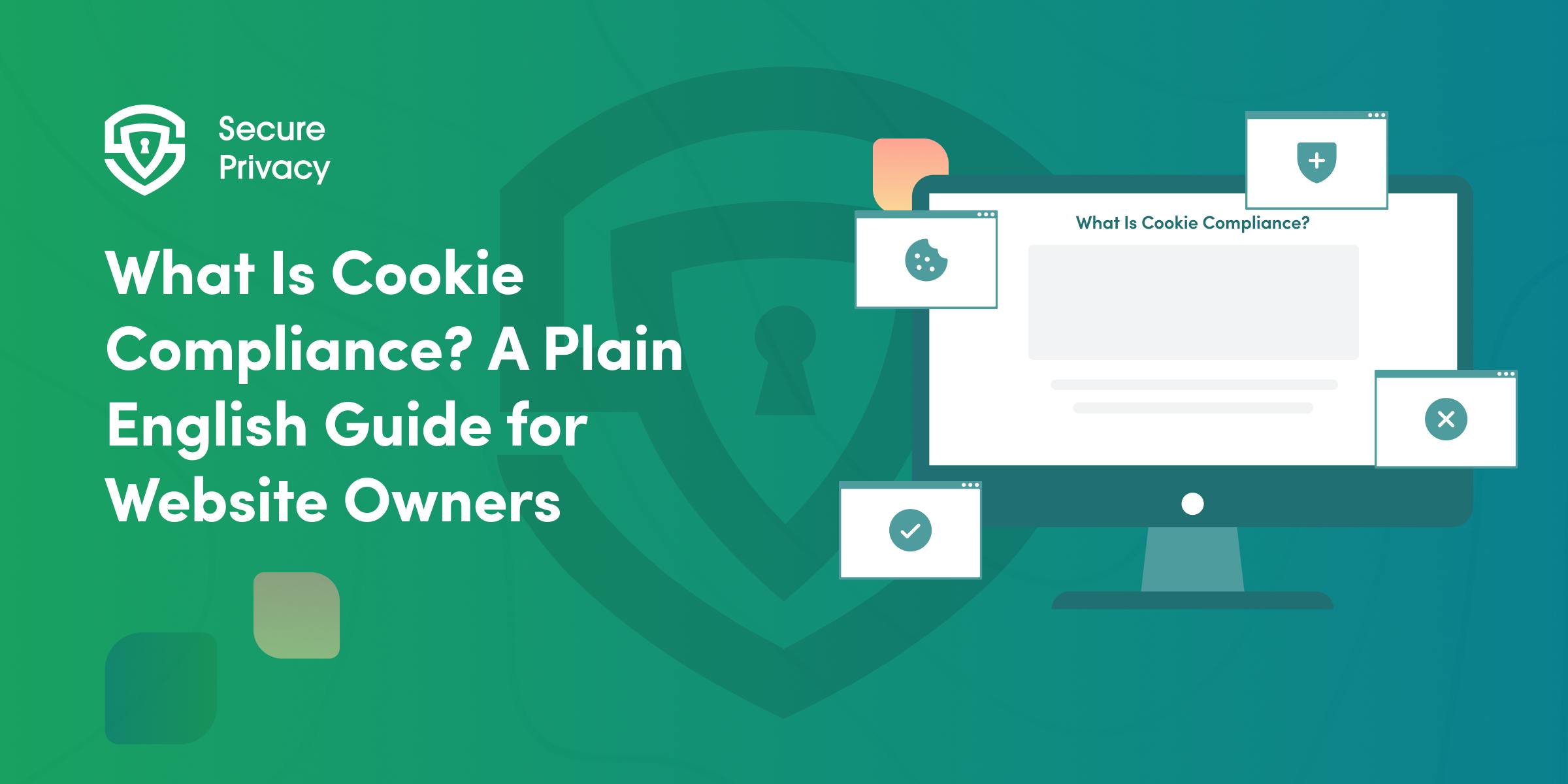CCPA and Cookies. What do I need to know?
In this article, we explain the basics of cookies and CCPA.
CCPA is the California Consumer Privacy Act, which was passed by California legislators in June 2018. It’s the most comprehensive law in the USA which is targeted at companies that collect and/or sell personal information and gives private individuals and companies, that are based in California, more control over their own data.
CCPA introduces three major new data protection, including:
- The right to access information. It means that California consumers will be able to know which categories of information are used or sold, from whom and why certain information was collected, etc.
- Right to deletion. Any consumer will be able to ask to delete personal information that was collected about him/her.
- Right to opt-out. Similar to the GDPR, they will be able to direct a company to not sell their personal information to third parties.
The new legislative initiative will go into effect on January 1, 2020. At the same time, some CCPA issues are still in the process of clarifying and amending by local legislators. As a result, several amends were already passed and California attorney general enforcement is not expected until at least July 1, 2020.
CCPA and Cookies
The CCPA allows the use of cookies to collect personal information, but only after you notify users that you collect data. The notice on collection serves the purpose for providing this information to consumers.
The notice on collection contains the following:
- The categories of personal information you collect
- The purposes of data collection
- Information on the right to opt-out of sale of consumers’ personal information, if you sell such information and
- A link to the privacy policy.
You must not use cookies that collect data if you don’t show this notice to the consumer.
The consumer doesn’t have to take any action about it, such as clicking an “Accept” button. That’s not required.
You need just to show the notice and your cookies are good to go.
In addition, if you sell personal information of minors, you must not use cookies to collect their data without obtaining explicit consent.
Secure Privacy allows you to create a custom notice on collection as well as the privacy policy. You need a notice on collection if you collect data from California-based visitors. In general, CCPA requires notice on the collection, which means you have a duty to show them only to your California visitors. Our detailed guide about CCPA gives you valuable tips on how to make your company or website CCPA compliant.

Client Reporting Privacy Compliance: Comprehensive Solutions for Agencies and Service Providers
You're losing client trust — and potential revenue — every time you scramble to answer basic questions about privacy compliance.
- Legal & News
- Integrations

HIPAA Privacy Policy: Essential Website Compliance for Healthcare Organizations
Your healthcare website could be violating federal law right now — and you might not even know it. If your site collects patient information through contact forms, operates patient portals, or processes any health-related data, your HIPAA privacy policy isn't just a legal formality, it's your first line of defense against costly violations and patient trust breaches.
- Legal & News
- USA

What Is Cookie Compliance? A Plain English Guide for Website Owners
Your website uses cookies to track visitors, remember their preferences, and analyze behavior. But did you know those innocent-looking cookies come with serious legal obligations? Most website owners discover this the hard way when they receive compliance warnings or face potential fines.
- Legal & News
- Data Protection
- Cookie Consent
- Cookie banner
